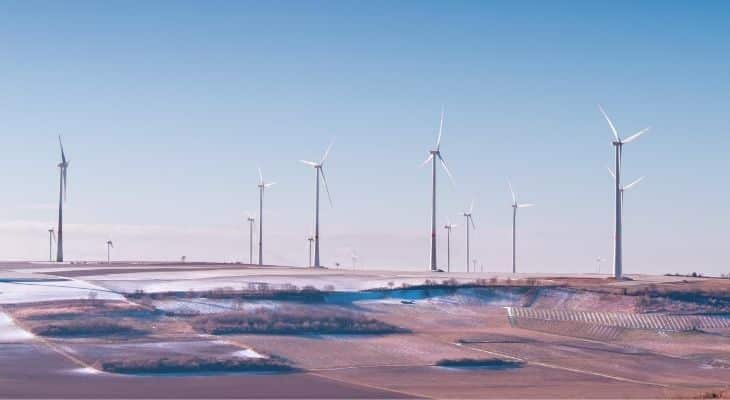Energy from waste – Time for national agreement and action
With a growing demand for renewable, reliable and alternative baseload power, there has been a call for national agreement between states and territories in addressing the role energy from waste plays in solving Australia's waste problems.
Energy from waste involves the conversion of residual or non-recyclable waste into sources of energy, including heat, fuel and electricity. The term itself, ‘energy from waste’, can sometimes be mistaken to simply be the conversion of recyclables. However, this term covers a much more broad range of processes from thermal to biological, all varying in scale and relevance of inputs and outputs.
With a long history of diverting non-recyclable waste from landfill, generating energy and reducing emissions across the globe in places such as Europe, Japan and the US, Australia has been slow to adopt established technology to employ processes, with early proposals being thrown under strong debate between communities, government and the wider industry.
Yet, the last five years has seen states and territories begin to evaluate and formulate policies in consultation with industry and the community, all to address growing concerns and more importantly, clarify the role of energy recovery from waste moving forward.
Across the country, all states and territories currently have policies, guidelines and positions statements and frameworks, although all at a different stage of development. Common attributes prevalent in all policies include the statement that energy recovery sits below recycling but above landfill amidst the waste hierarchy, as well as the idea that waste is a proven and legitimate generator of energy, one of which that can add to renewable energy dependent on feedstock. Also noted is how this process can serve to reduce greenhouse gas emissions.
A report from Infrastructure Partnerships Australia ‘Putting waste to work: Developing a role for Energy from Waste’, highlights a major opportunity for Australian governments in avoiding a looming waste crisis in embracing energy recovery to address the issue and better manage the country’s waste.
The report also showed that greater energy recovery from waste could result in 13.7 million tonnes of landfill could be diverted per year by 2030, whilst also reducing emissions by up to 5.2 million tonnes of CO2-equivalent annually. This could be equaled to taking over one million cars off the road, as noted by the report.
In a recent media statement, Chief Executive Officer of Infrastructure Partnerships Australia, Adrian Dwyer said “With a major waste export ban coming into effect, time is running out for governments to avoid a waste crisis on our doorstep”.
In line with his statement, the report calls on Australia’s government with proposed solutions to address the need for such agreements, including:
- defining the role of energy from waste through recycling and waste management plans and strategies
- aid in establishing social license for energy from waste, both on a broad and local scale, through engaging communities on the benefits on advanced waste processing and addressing concerns
- the development of guidelines that are nationally consistent through the National Federation Reform Council (NFRC), to help in creating energy from waste projects and waste management technologies
- the adoption of EU emissions standards for energy from waste facilities, applied via nationally consistent regulation; and
- seeking to establish a national market through the NFRC, for energy from waste, inclusive of regulations related to feedstock, as well as the development of market opportunities for by-products.
With a growing need for clarification on the role of waste conversion in Australia, the industry are now calling on Government to work with the industry in planning a pathway towards the development of new facilities, in the hopes of not only creating more jobs and greater resource recovery, but also with the aim to reduce carbon emissions and diversify Australia’s sources.
-
Subscribe to the latest industry news, insights and AWRE updates.
- Subscribe

